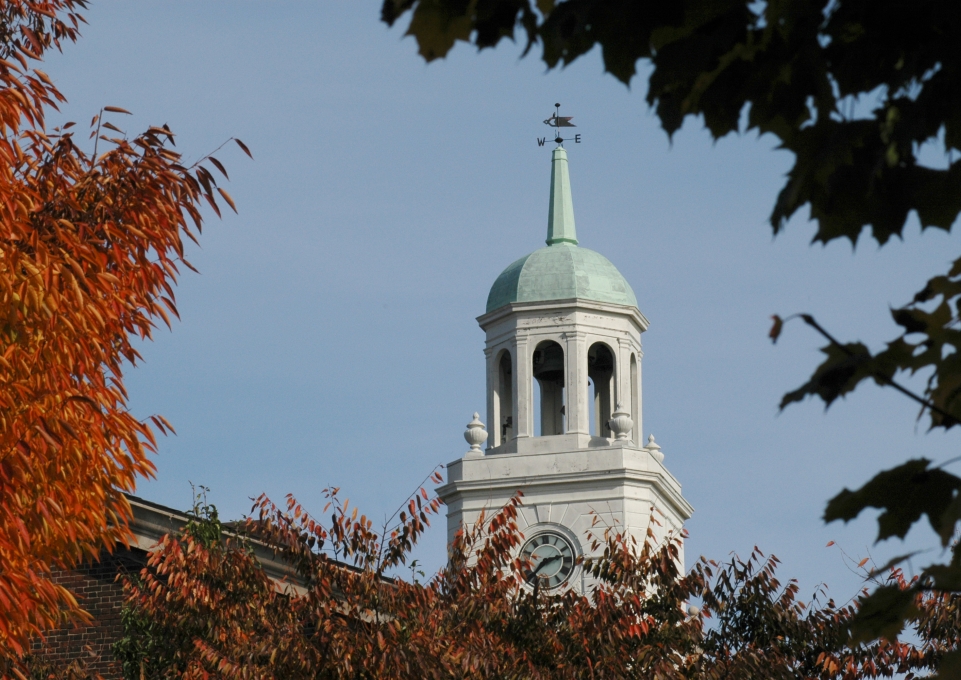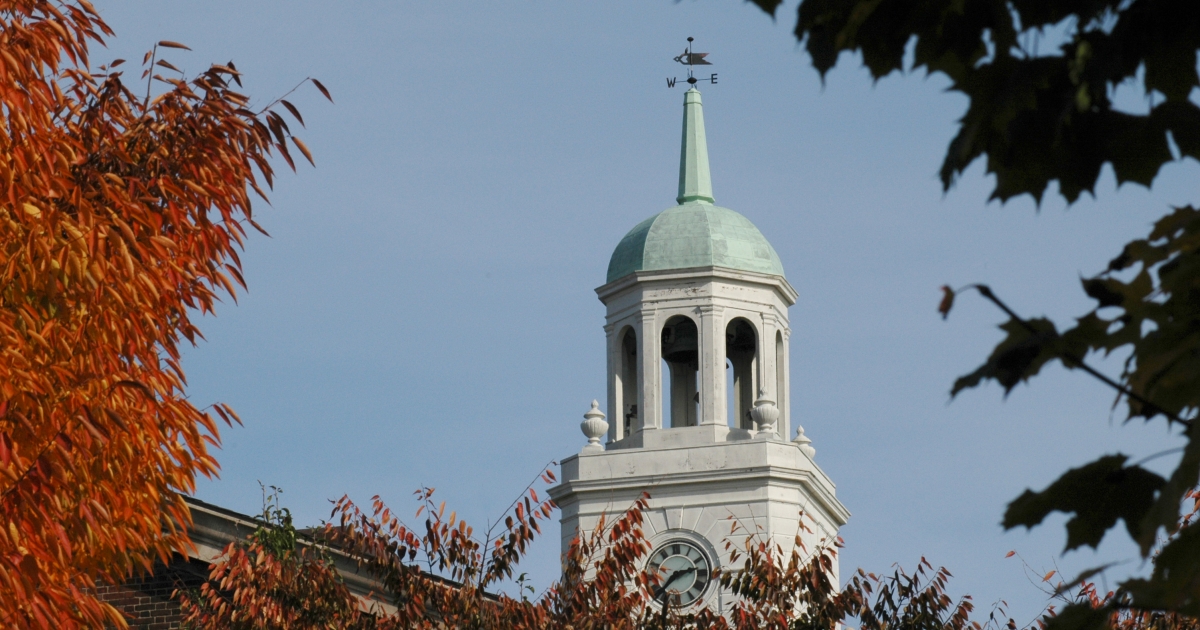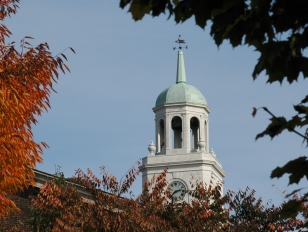
It’s a skill required for just about every profession—the ability to identify, analyze, and resolve conflicts. Starting in fall 2021, Buffalo State College will be the first in the State University of New York (SUNY) system and in Western New York to offer graduate instruction in just that area when it introduces an interdisciplinary master of science in conflict analysis and resolution. The college will also be developing a graduate certificate program in the same field.
Buffalo State’s new School of Arts and Sciences, which also launches in fall 2021, will house the interdisciplinary programs that the New York State Education Department and SUNY recently approved.
The 30-credit-hour master’s program and developing 12-credit-hour certificate program will address the need for highly skilled conflict resolvers to work in myriad professions, including business, government, education, health care, criminal justice, ministry, and labor relations.
“The closest school that currently offers such a master’s is Cornell University,” said Peter Yacobucci, associate professor of political science and public administration, who serves as co-coordinator of the program with Clairissa Breen, assistant professor of criminal justice. “And its program more narrowly focuses on labor relations.”
“Conflict analysis and resolution is an innovative program that relies on one of the skills employers most often say they seek—the ability to assess conflict, resolve it, and ensure it doesn’t reoccur,” said Buffalo State Provost Jim Mayrose. “I’m thrilled that we will be the first SUNY school to offer such a program. Not only will it provide graduates with a highly marketable set of skills; it will also provide a terrific opportunity for cross-disciplinary collaboration on campus.”
Participating faculty currently represent nine academic programs or departments: Adult Education, Business, Creative Studies, Criminal Justice, Economics and Finance, Educational Leadership, International Relations, Political Science, and Sociology.
“Conflict analysis and resolution is an innovative program that relies on one of the skills employers most often say they seek—the ability to assess conflict, resolve it, and ensure it doesn’t reoccur.”
“It’s apparent that conflict resolution is a huge problem in multiple fields,” said Yacobucci, who studies conflict in the political realm, including the increase in hyper-partisanship in the United States. Meanwhile, Breen describes herself as a “conflict criminologist,” with a focus on hate crimes and terrorism.
“What we found is that everyone was working on conflict resolution within their own areas,” Yacobucci said. “We thought, Why don’t we put together a program that combines the theory and methods for handling and resolving conflict that can be applied across disciplines and fields?”
Three years ago, former Buffalo State Provost Melanie Perreault asked Yacobucci to help shape the program and to identify faculty members in other departments who could teach the relevant courses.
“Every single person I approached was willing to be a part of it,” Yacobucci said. “It’s been a cooperative process. We’re really excited about getting it started.”
Breen, who joined the criminal justice faculty in fall 2016 and is certified as an anti-terrorism specialist, was a natural fit to serve as co-coordinator. When she heard about the need for faculty members to lead this burgeoning program, she didn’t hesitate.
“Put the word ‘conflict’ in front of me, and I raise my hand,” she said.
The audience for the program includes both current undergraduate students who would like to continue their education by becoming experts at resolving conflicts and professionals wanting to obtain strategies for conflict analysis and resolution that they can apply to their jobs, their communities, and the world at large.
As she and Yacobucci continue to design the curriculum and market the program this academic year, Breen said, they will focus on combining real-world experiences and academic theories. This will ensure that students can understand the origin of conflicts and how they can decrease them.
“Resolution becomes the most important part of the equation,” she said.



